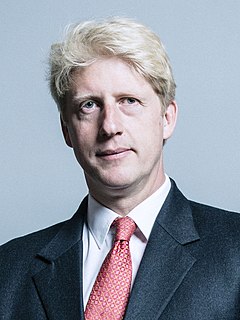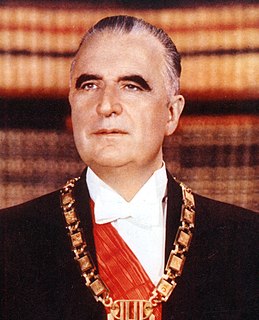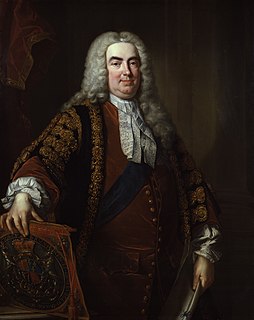A Quote by Thomas Carlyle
That a Parliament, especially a Parliament with Newspaper Reporters firmly established in it, is an entity which by its very nature cannot do work, but can do talk only.
Quote Topics
Related Quotes
No doubt, you've got a parliament now - I mean, Malcolm Turnbull says he'll work with the parliament he's got. He's got a parliament where a majority of the members of parliament want that law to be changed. He's got a parliament where there's a majority in each House who have publicly said they want to have a Royal Commission into banks.
There should be some other provisions in the Constitution whereby if the Government is not functioning well, it can be dealt with. In a parliamentary democracy, this should be done only by Parliament. The prime minister should be answerable only to Parliament and it should only be Parliament that can install him or remove him.
Parliament is for discussion. Parliament is to show dissent. Parliament is to give an argument for one's opposition, to present an argument when they support. To uphold this basic spirit of Parliament, is the responsibility of every person who values democracy. It is the responsibility of those present in the Parliament and those outside. It is the responsibility of those in power and those not in power. This is a matter of spirit and it should be followed.
Democracy, finally, rests on a higher power than Parliament. It rests on an informed and cultivated and alert public opinion. The Members of Parliament are only representatives of the citizens. They cannot represent apathy and indifference. They can play the part allotted to them only if they represent intelligence and public spiritness.
The power of discretionary disqualification by one law of Parliament, and the necessity of paying every debt of the Civil List by another law of Parliament, if suffered to pass unnoticed, must establish such a fund of rewards and terrors as will make Parliament the best appendage and support of arbitrary power that ever was invented by the wit of man.








































